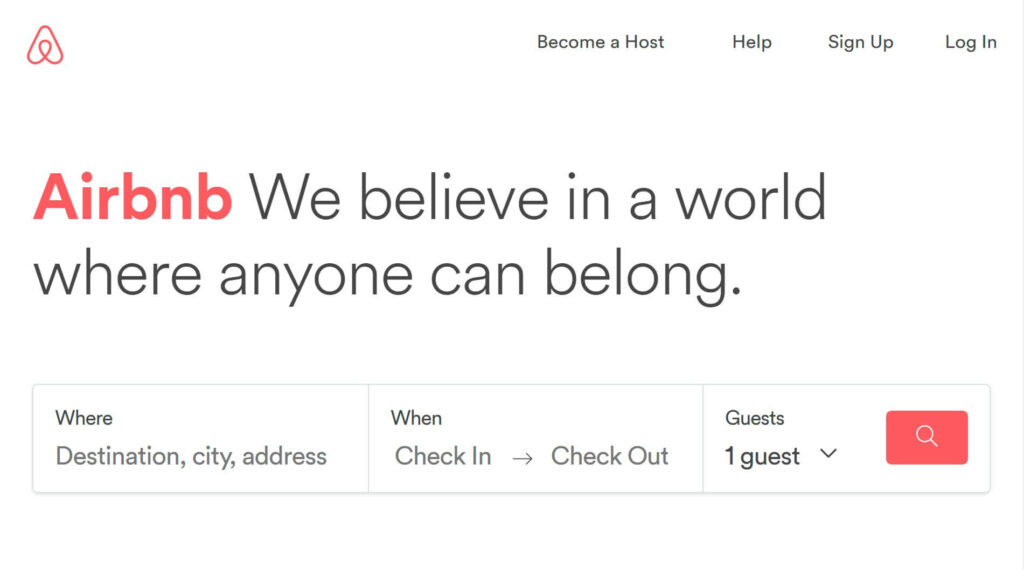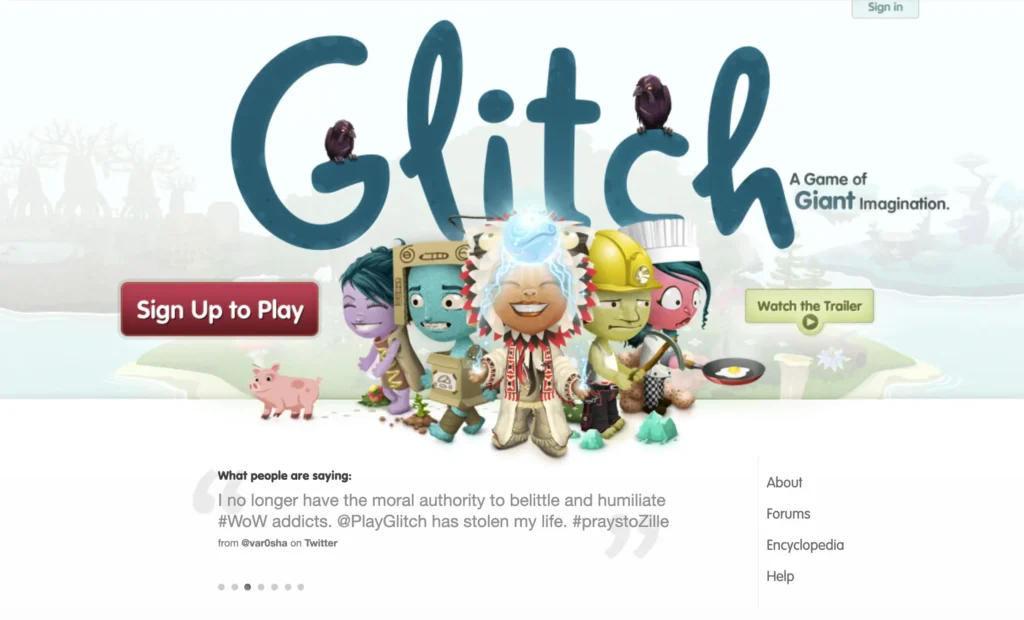Building a successful startup is no small thing. It’s not just about having a super cool idea or disruptive technology. It’s about the people who drive these first thoughts forward. I believe most freshers from Tier 2 colleges dream of joining a super startup team, considering the amount of learning and exponential growth. But if you don’t have the following three qualities, your expectations and reality may not match well. And many have this question in mind; How do I start working in startup? Let’s see what those three key qualities are that go beyond the obvious skills and qualifications.
1️⃣ Optimism: The Power of Positive Thinking
Most startups operate with uncertainties and challenges. From securing funding to developing a minimum viable product, the journey is fraught with obstacles. In such an environment, having team members who are optimists can be incredibly valuable. Optimists believe in the mission and are confident that the team can overcome any hurdles.
Does it work? Look at Airbnb
Consider the early days of Airbnb. The founders faced numerous rejections and financial difficulties. However, their optimism kept them going. They believed in their vision of transforming the way people travel.

This positive mindset not only kept the team motivated but also attracted investors and customers; as they say, now they belong anywhere. From nowhere to anywhere, Aibnb’s journey happened because of the people who believed it’s possible, and they drive that mission with positivity.
How to Demonstrate Your Optimism During Interviews
During interviews, highlight instances where your optimism led to positive outcomes. You could talk about a project that seemed doomed but succeeded because you and your team maintained a positive outlook and kept pushing forward.
For example, “in one of my previous organisations, when I suggested adding Amazon business as a channel for sales, everyone rejected it since the business is highly dependent on offline markets and distributors, and it would spoil the chain and demand. But what I observed was that there were a lot of government exam aspirants outside Kerala, and we couldn’t deliver books at ease since our distribution channels were only in Kerala and a few metro cities.
Finally, I was able to convince the team with my analysis and data on the serviceable market. In just 5 months, our Amazon sales reached 60% of the offline domestic sales.”
2️⃣ Idea Generation: The Innovators
Startups need new ideas to stay ahead. As a job seeker, being someone who can think outside the box and come up with new ideas is very valuable. If you are not someone who can think outside the box, the exposure that you are going to get will be limited, and eventually the growth will be limited as well.
Start-ups move on two things: investments and disruptive ideas. If it’s depending only on money, fuel will be over soon, and it will impact your career. But if every individual can come up with cost-effective or disruptive ideas and action items, start-ups attract more money, and it will help you in your career. So observe whether the start-up has enough idea generators and rational thinkers, or are you the one? Idea generators see opportunities where others see problems and can come up with creative solutions that keep the company moving forward.
Does it work? Learn from Instagram
Do you know how Instagram became a billion-dollar business? Just because of one idea generator. When Kevin Systrom and Mike Krieger were working on their startup, Burbn, it was initially a location-based check-in app.

However, they noticed that users were more interested in sharing photos. One of their team members suggested focusing on the photo-sharing feature. This idea led to the creation of Instagram, which became a massive success and was later acquired by Facebook for $1 billion.
Are you an outside-the-box thinker? A start-up ecosystem is best for you. Because you can’t suggest an idea and get it done at a massive firm like Apple or Amazon.
How to Demonstrate Your Innovative Thinking During Interviews
Show your creativity and willingness to suggest new ideas. Talk about a time when you introduced a new concept that significantly helped your previous company or project.
For example, you might say, “In my previous job, I suggested a reverse psychology approach for email marketing: instead of saying we are good, we send mail with subject lines, we don’t have anything special for you, you don’t have to open this if you are busy, etc. And suddenly, our open rate became 40%. This not only increased our engagement rates but also made our users feel more connected to our brand, where we are genuine and transparent.”
3️⃣ “Will You Figure It Out?” Spirit: The Problem Solvers
Startups face many unexpected problems. Your KPIs may change frequently; out of the blue, the team may scrap a project and start a new project from scratch, which may require a new set of skills.
In simple words, a start-up is exactly like a mischievous child; it’s not easy to predict what he will do next. As a job seeker, having a “will figure it out” spirit means you don’t get discouraged by setbacks. Instead, you see these challenges as chances to find solutions and keep moving forward.
So, if you have that “Will Figure It Out” or “This Time Shall Pass” attitude, you are going to be noticed by the team, and people will find a leader in you. Your growth will be faster than you expect.
Does it work? Inspire from Slack
Take the story of Slack. The company was originally working on a game called Glitch, developed by Tiny Speck, a startup co-founded by Stewart Butterfield, Cal Henderson, Eric Costello, and Serguei Mourachov.
Despite their efforts, the game struggled to gain traction in the competitive gaming market. Instead of giving up, the team noticed that their internal communication tool, which they had built to collaborate on Glitch, was incredibly effective.

Recognising the potential of this tool, Butterfield and his team decided to change their business focus entirely. They repurposed their internal communication platform into a standalone product, which became Slack. Think about the team; all of a sudden, you are moving from gaming to SaaS. But the team had a different mindset that they would figure it out, and that helped them achieve the objective faster.
The new idea penetrated the market very quickly and disrupted workplace communication by offering a user-friendly interface, seamless integration with other software, and a way to organise conversations into channels.
Today, Slack is used by millions of users worldwide and was acquired by Salesforce for $27.7 billion, highlighting the power of determination and adaptability.
How to Demonstrate Your Problem-Solving Skills During Interviews
In interviews, talk about times when you faced big challenges but found ways to overcome them. Show how you solve problems and stay calm under pressure.
For example, you could say, “During a critical project, our main supplier suddenly shut down. I quickly found other local suppliers, negotiated terms, and I figured out an opprtunity with an upper-hand of negotitation, revamped our existing model of 2-3 suppliers to 24 small suppliers, and used a CRM dashboard to coordinate, and kept our production on schedule, saving the project and meeting our deadline.”
4️⃣ “I’ve Got It” Attitude: The Ownership Mindset
In large companies, it’s common to hear, “That’s not my department.” However, startups need a different approach. They grow when employees take ownership of problems, no matter their job title.
You might be a sales manager, but you should be willing to do a user survey, call customers, and close sales if a team member is on leave. As a manager, you may be required to do 50% of the work as a tele-caller and the rest 50% of supporting the team for their dependencies.
This adaptable “I’ve got it” attitude ensures that issues are handled quickly and efficiently, pushing the startup towards success.
Does it work? Read About Dropbox
Take Dropbox as an example. In the early days, Dropbox was a small team working on a new way to store files online. Arash Ferdowsi, the co-founder and CTO, noticed that the user interface (UI) was hard to use. Even though UI design wasn’t his main job, Arash decided to fix it himself.

He worked with the design team, learning about user experience and interface design. He spent many late nights testing different designs and getting feedback from early users. His hands-on approach and willingness to step out of his role made the UI much better.
This change made Dropbox more appealing to users, and the user base grew quickly. Arash’s “I’ve got it” attitude solved a big problem and set a good example for the team, encouraging everyone to take ownership of issues.
How to Demonstrate Your Ownership Attitude
In interviews, talk about times when you took initiative outside of your usual responsibilities.
For example, you might say, “In my last job, I saw that our project management tool was confusing the team. Even though it wasn’t my job, I researched better tools, organised meetings, and got feedback. I then helped implement a new tool that improved our workflow and made us more productive.”
This shows your commitment to the team’s success. You prove that you’re ready to tackle challenges and help the startup grow, no matter what your job title says.
In Nutshell
Joining a startup means becoming part of a dynamic and often unpredictable environment. By demonstrating optimism, generating innovative ideas, showing a “will figure it out” spirit, and having an “I’ve got it” attitude, you can stand out as a valuable asset to any super startup team. Remember, it’s not just about your skills and experience; it’s about how you approach challenges and contribute to the team’s success.
Additional Tips for Job Seekers
Showcase Communication Skills: While these qualities are crucial, don’t forget the basics. Good communication is key for any team.
Research the company: Understand the startup’s mission and values. Align your responses to show that you are a good cultural fit.
Be Ready to Adapt: Startups change rapidly. Show that you are flexible and open to evolving with the company.
By focusing on these qualities, you can increase your chances of landing a role in a super startup team and contributing to its success.
Are you still worried about uncertainties? Read more about the cognitive survival kits here.